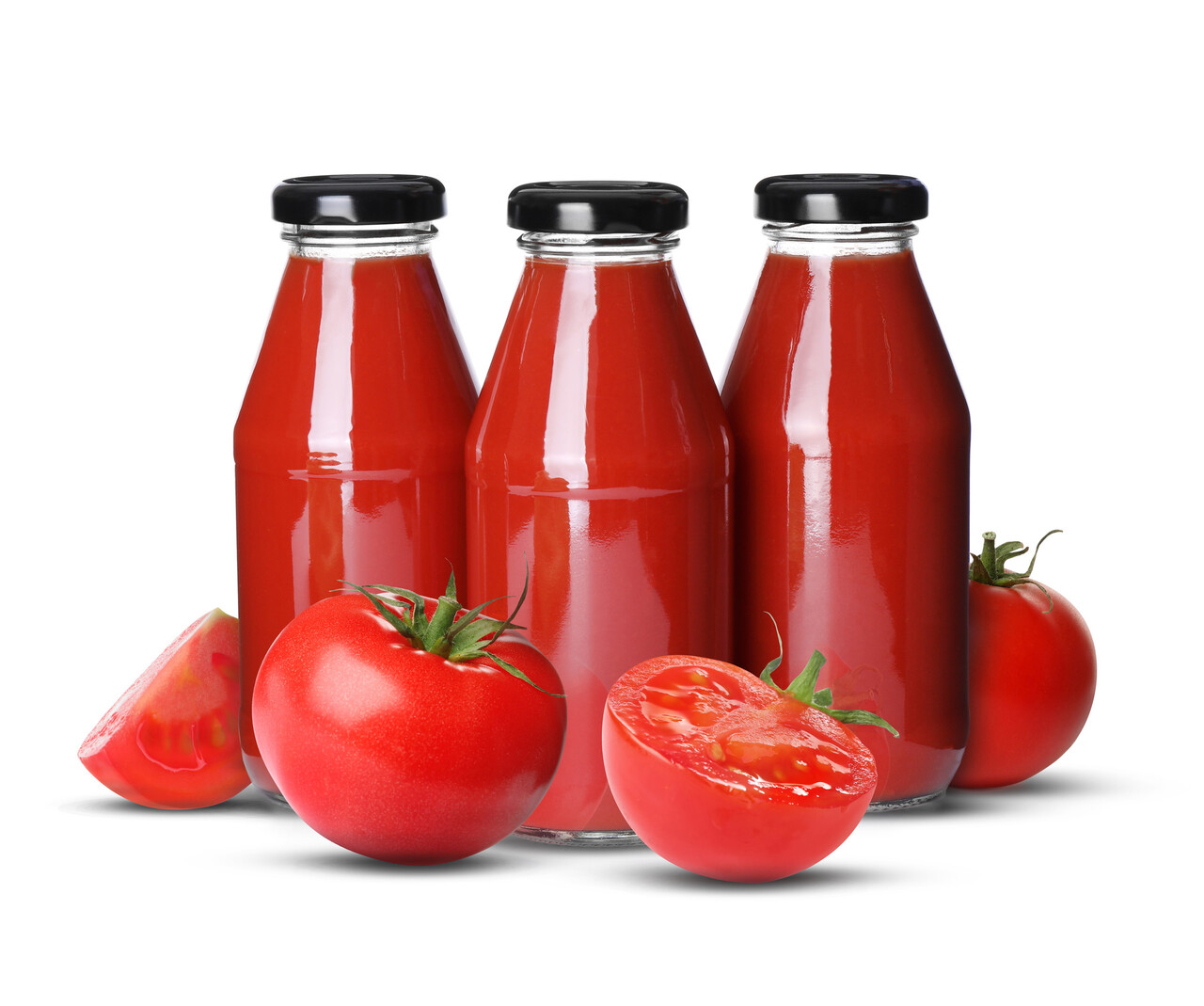10 Fast Food Chains That Don’t Use Real Cheese

Fast food can feel comforting, familiar, and irresistibly convenient, but not everything on the plate is as simple as it appears. Cheese, a classic favorite, often comes in surprising forms at quick-service chains, hidden beneath buns and bubbling toppings. Before you reach for that next bite, it’s worth taking a closer look. Understanding what’s really in these menu items can help you enjoy them more consciously and make informed choices without losing the fun of the experience.
1. McDonald’s

McDonald’s uses a pasteurized process American cheese product on many of its burgers, designed to melt fast and remain uniform regardless of location or time of day. The formula includes dairy but also emulsifiers, stabilizers, and preservatives that keep it from separating or becoming oily under heat. This engineered predictability ensures every cheeseburger looks and tastes the same across thousands of outlets. While it delivers reliability, it is not the same as a minimally processed, traditionally aged cheese.
2. Burger King
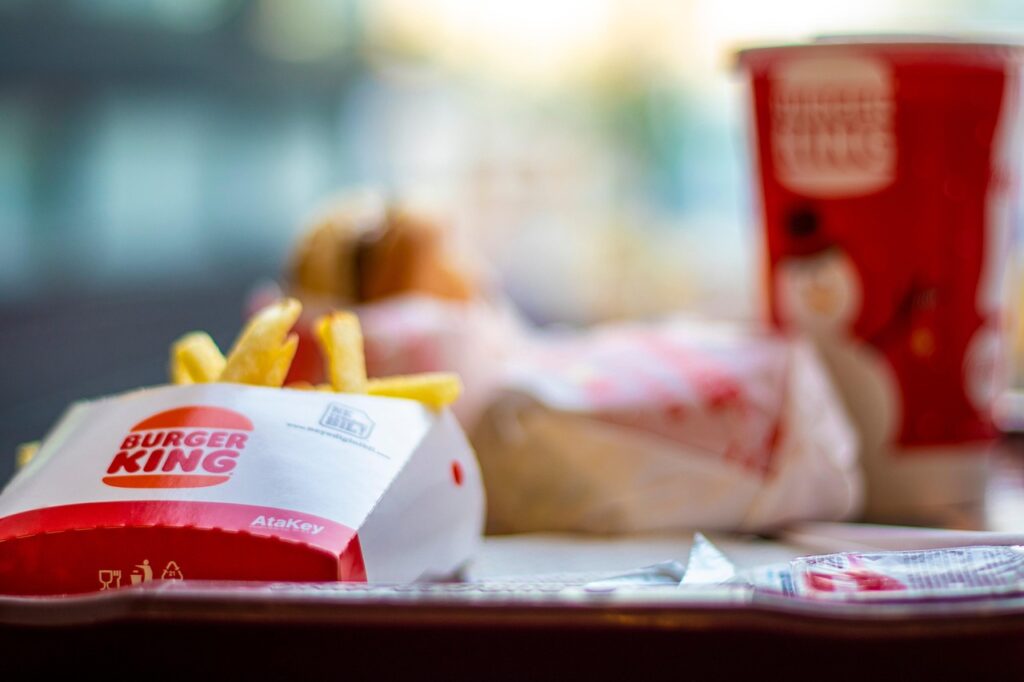
Burger King’s iconic yellow slice is crafted for workflow efficiency rather than traditional cheesemaking purity. The slice is typically a processed cheese product containing dairy combined with emulsifiers and preservatives that give it an extended shelf life. These additions guarantee a smooth melt, a stable texture, and high repeatability, even in peak service hours. The formula holds up well under burger heat and rapid assembly conditions, making it ideal for fast food operations but not equivalent to a true aged Cheddar.
3. Sonic

Sonic relies on cheese slices that melt quickly, hold up under heat lamps, and maintain a glossy appearance. Their slices often use processed cheese formulations containing milk solids, emulsifiers, and preservatives. These additions ensure fast melt response and smooth texture, which is critical in a drive-in setting where food must be assembled swiftly and sometimes held briefly before service. The cheese is engineered for consistency rather than the nuanced flavors of artisanal or naturally aged cheeses.
4. Dairy Queen

Dairy Queen’s burgers and sandwiches frequently feature processed cheese slices that include ingredients like sodium citrate, sorbic acid, and additional stabilizers to maintain texture. These functional additives prevent the cheese from breaking, separating, or becoming grainy when heated. Consistency is key across the chain, so a shelf-stable, predictable cheese product is favored over a simpler farm-style cheese. The result is a uniform melt and flavor that customers recognize, though the product is not fully natural cheese.
5. Tim Hortons

Tim Hortons uses processed cheddar and processed mozzarella on many of its breakfast and sandwich offerings. These blends typically include modified milk ingredients, emulsifiers, and preservatives to help the cheese behave predictably during toasting or griddling. Since Tim Hortons faces intense morning rushes, they prioritize cheese that melts uniformly, resists spoilage, and requires minimal handling adjustments. The functional nature of these blends makes them efficient for operations but different from traditional cheeses with shorter ingredient lists.
6. Bojangles
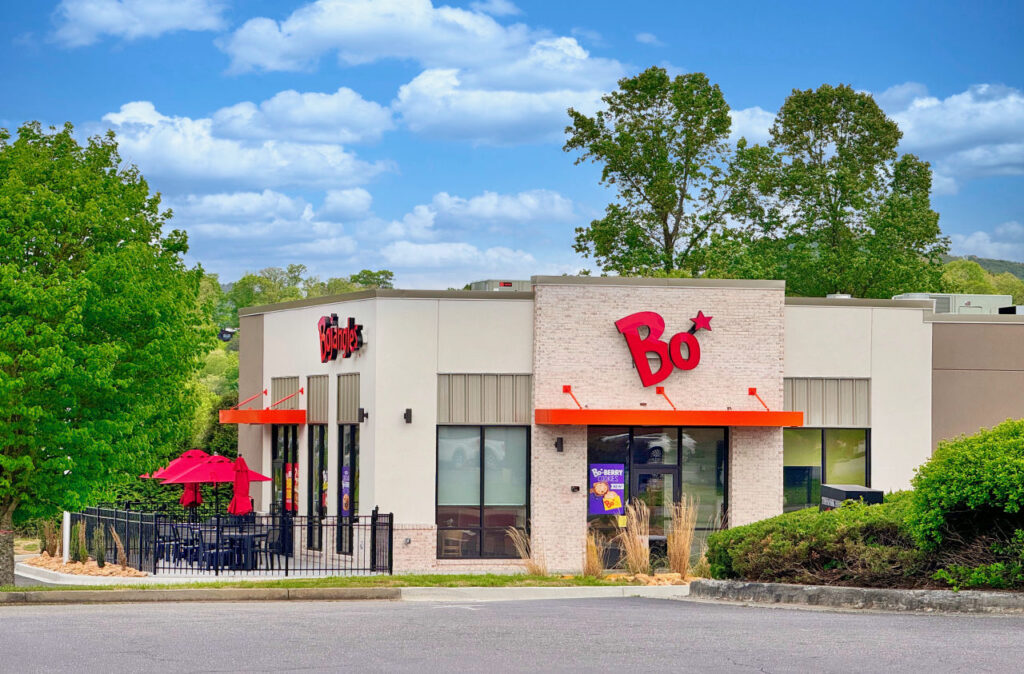
Bojangles often uses cheese blends or cheese products in dishes like mac and cheese and certain sandwiches. These formulations may include stabilizers, whey concentrates, or modified starch to ensure that sauces remain smooth and reheatable. The chain focuses on high-volume production and consistently warm, creamy textures, requiring cheese that can withstand reheating without separating. While flavorful, these cheese components typically fall under processed categories rather than pure, naturally aged cheeses.
7. Arby’s
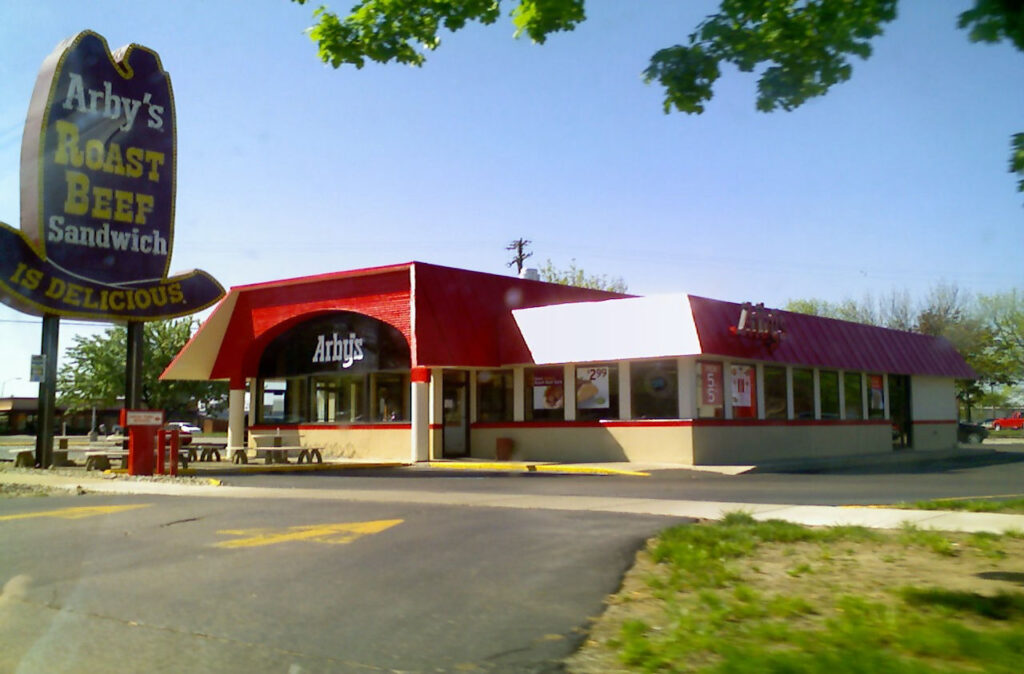
Arby’s uses both natural cheese and processed cheese products, depending on the item. Many of its warm cheese sauces and some sandwich slices include emulsifiers, water, and modified milk ingredients to maintain flow, smoothness, and stability. The chain balances flavor with practicality, using engineered cheese formulations where heat retention and consistency matter most. While some items offer genuine cheese varieties, a significant portion relies on processed blends crafted for uniform performance in fast-paced kitchens
8. Little Caesars

Little Caesars operates at extreme volume, leading the brand to rely on standardized low-moisture mozzarella mixes and dehydrated cheese blends in some menu items. While their primary mozzarella is a legitimate cheese, other components like dips or specialty items may include whey products, phosphates, or stabilizers. These choices create predictable melt, strong stretch, and minimized waste across thousands of pizzas daily. It delivers the familiar pizza cheese experience but is distinct from small-batch, minimally processed cheeses.
9. Jack in the Box
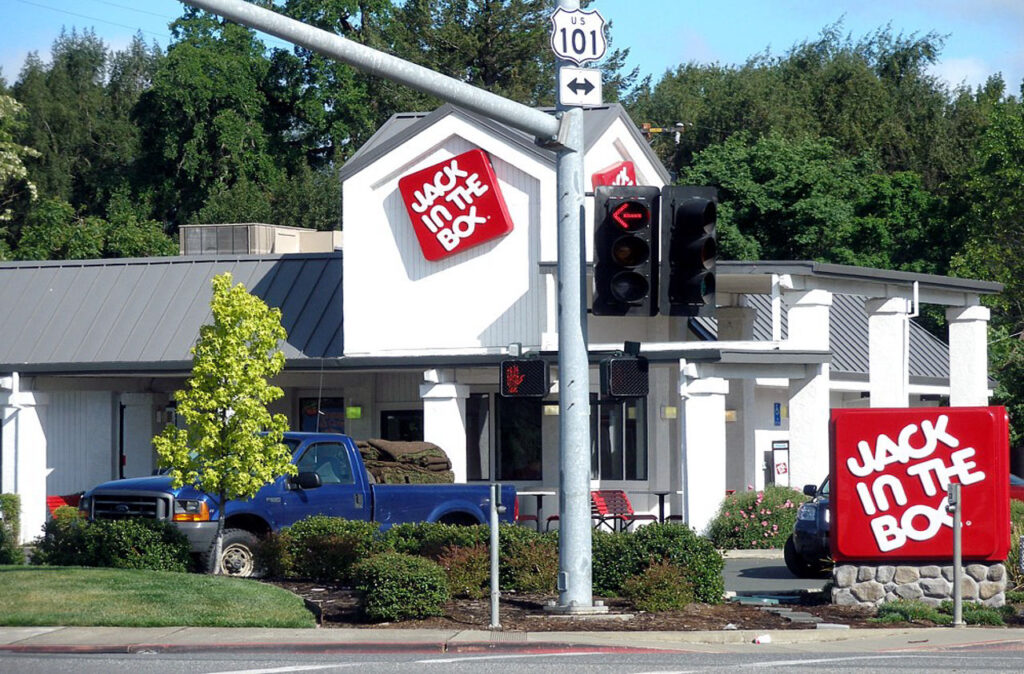
Jack in the Box uses a combination of natural cheeses and pasteurized process cheese products to deliver the flavors diners expect. Certain items, like white cheddar sauces and some sandwich slices, include stabilizers to prevent separation when heated, ensuring a smooth, consistent texture even during prolonged holding or warming. While some menu items feature genuine cheeses, others rely on processed blends designed to maintain taste, appearance, and melt quality under the fast-food chain’s high-volume, high-temperature service conditions. This approach balances flavor and practicality, allowing customers to enjoy creamy cheese experiences without compromise.
10. Subway
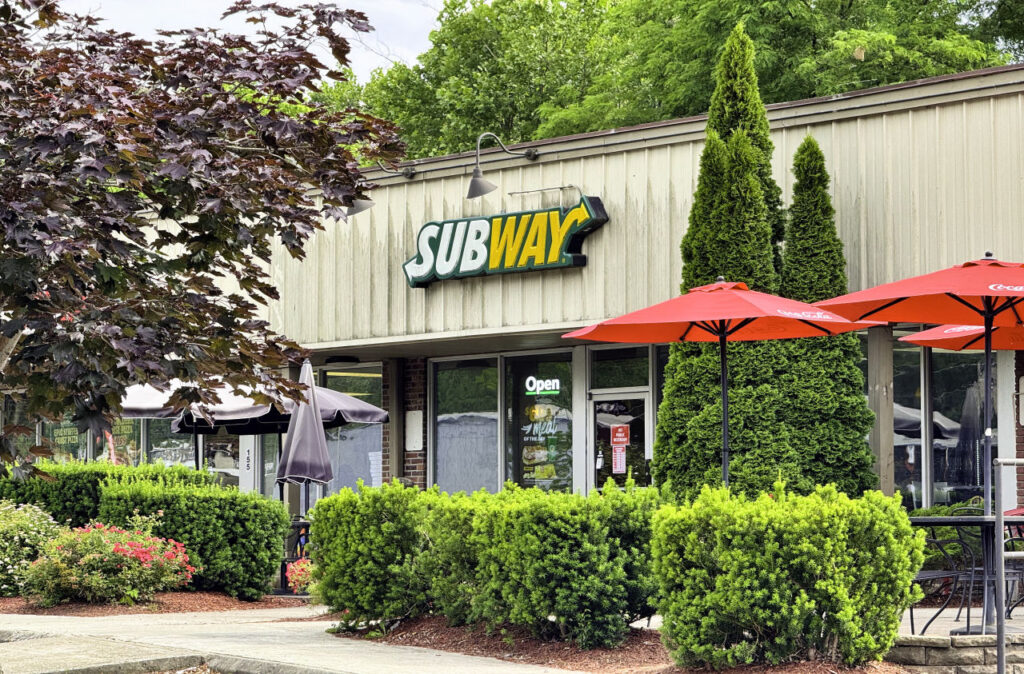
Subway’s American cheese and some shredded cheese offerings are processed blends created for predictable melting and extended shelf stability. These formulations often include modified milk ingredients and emulsifiers that help maintain texture during toasting and storage. Since Subway must serve consistent products across globally scattered outlets, a processed cheese product provides an advantage in reliability and performance. While certain varieties are real cheeses, several popular options are engineered blends optimized for fast-service conditions.






